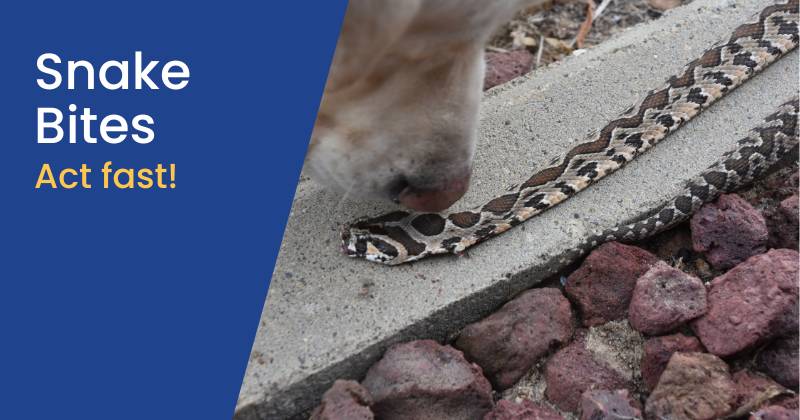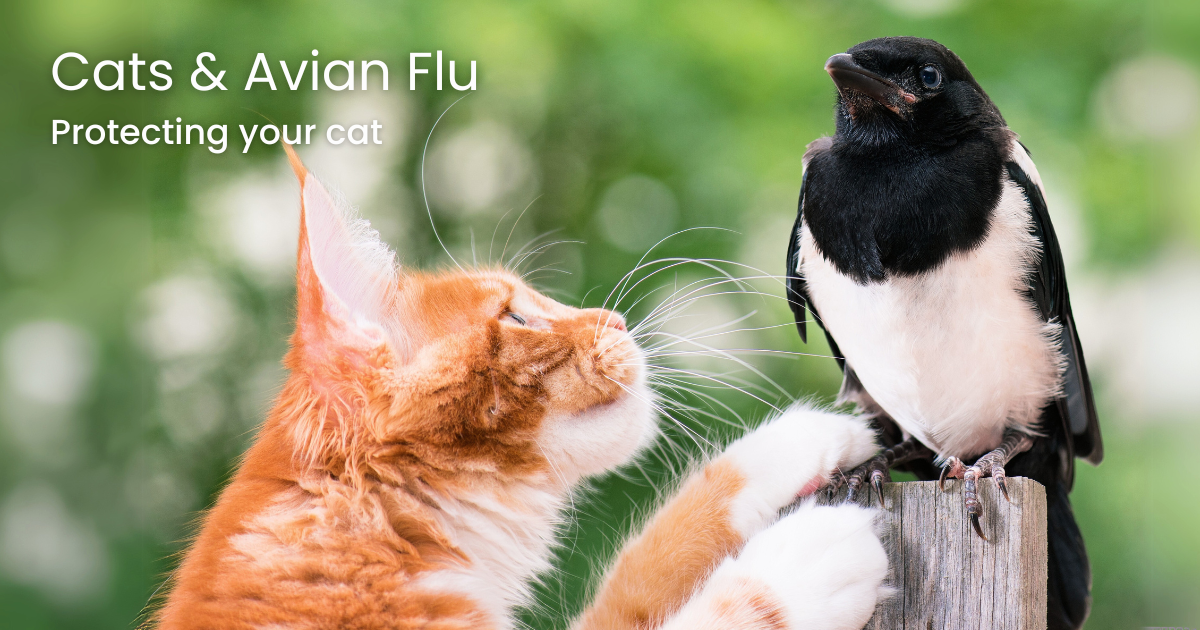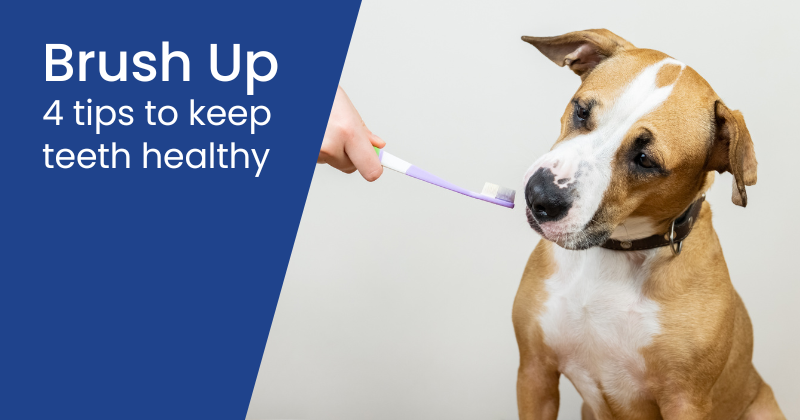
Discovering that your dog has been bit by a snake can be a frightening experience. It’s normal to feel overwhelmed and unsure of what steps to take to protect your pet. In areas like Covington, GA, where snakes are more common, it’s important to be informed about how to respond quickly and effectively. Knowing what to look for and how to act in the moments following a snake bite could make all the difference in your dog’s recovery. Let’s walk through what you need to do if your dog was bit by a snake and when it’s time to seek professional help.
Dogs are naturally curious creatures, and this curiosity can sometimes lead to encounters with snakes. If you suspect your dog was bit by a snake, the first step is recognizing the symptoms. These symptoms can vary depending on the type of snake, but common signs to watch for include:
If you observe any of these signs and suspect a snake bite, contact East Metro Animal Emergency Clinic immediately at (678) 212-0300 for guidance and to arrange urgent care.
Here’s a step-by-step guide on what to do next:
In Covington, GA, several types of snakes can pose a risk to pets. It’s essential to be familiar with the local snake population so you can better understand the severity of the bite.
The most dangerous snake bites come from venomous species. In Georgia, some of the most common venomous snakes include:
These species can deliver venom that causes significant harm to your dog, leading to severe swelling, internal bleeding, and even organ failure if not treated quickly. If you suspect your dog was bit by a venomous snake, seek emergency care immediately.
Non-venomous snake bites are less dangerous, but they can still cause discomfort and infection. Common non-venomous snakes in Georgia include:
Though these bites might not require the same level of urgency, it’s still important to have your dog checked by a vet to ensure there are no complications.
Once you’ve brought your dog to the vet after a snake bite, the veterinary team will assess the situation and determine the appropriate treatment. Here’s an overview of what to expect:
While it’s impossible to completely eliminate the risk of snake bites, there are steps you can take to reduce your dog’s chances of encountering a snake in the first place. Here are some preventive measures:
Snake bites are always a cause for concern, but how do you know when it’s time to seek emergency care? In general, if your dog was bit by a snake, it’s best to err on the side of caution and seek professional help. Here are some indicators that emergency care is necessary:
For immediate help, contact East Metro Animal Emergency Clinic at (678) 212-0300 or walk-in during our open hours (nights, weekends, and holidays). Whether the snake was venomous or not, your vet can provide the care needed to address the bite and prevent complications. If you're in Covington, GA, don’t hesitate to reach out to us for expert care and support.


